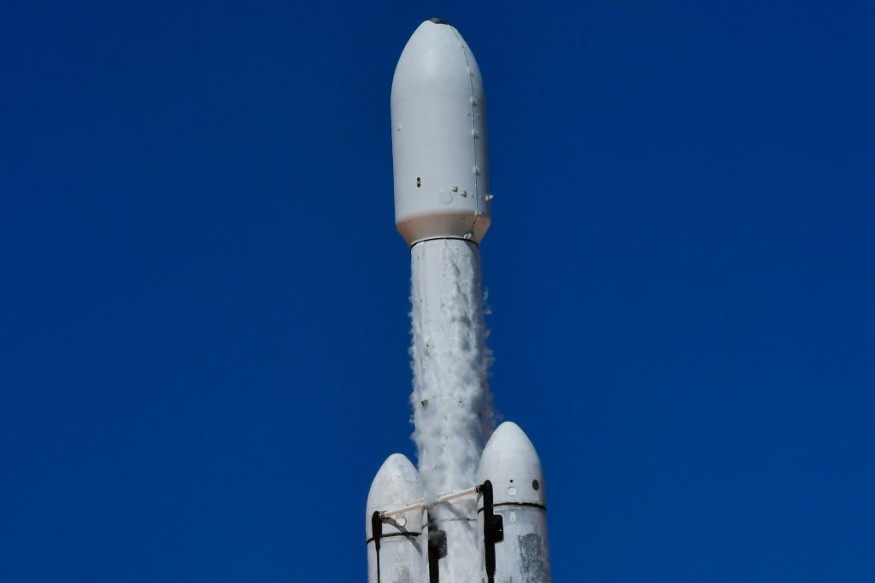
Chinese aerospace company Deep Blue Aerospace has announced plans to enter the space tourism industry, aiming to launch paying customers on suborbital flights by 2027.
Based in Jiangsu Province, Deep Blue shared that tickets for these journeys will be priced at 1.5 million yuan, or around $210,000, offering customers "a multi-sensory experience" that extends beyond just a brief encounter with weightlessness.
The company envisions a journey where travelers can witness the expanse of space and the Earth from above, promising an unforgettable trip into the edge of outer space.
Deep Blue's space tourism design resembles the New Shepard rocket-capsule system developed by Blue Origin, an American company that has already conducted suborbital flights with paying customers.
Reusable Rockets and Competitive Plans Propel China's Space Tourism Ambitions
Deep Blue's planned reusable rocket-capsule system will lift travelers to suborbital space, where they can experience a few minutes of weightlessness and observe Earth from the upper atmosphere.
Deep Blue expects its journey to be similar to Blue Origin's, with a full round trip lasting approximately 10 to 12 minutes.
The initial tickets for Deep Blue's suborbital flights were sold during a live event on October 24, and the company emphasized that the safety and reliability of its system are top priorities.
Before beginning commercial flights, the rocket and capsule will undergo extensive testing in 2026. Deep Blue's focus on reusability aligns with the advancements made by other space tourism companies, like SpaceX and Blue Origin, which are leading efforts in reusable rocket technology to make space travel accessible and sustainable.
Deep Blue Aerospace is not alone in China's budding space tourism market. CAS Space, a spinoff of the Chinese Academy of Sciences, is also working on its suborbital tourism vehicle, with plans to launch within a few years, according to Space.com.









